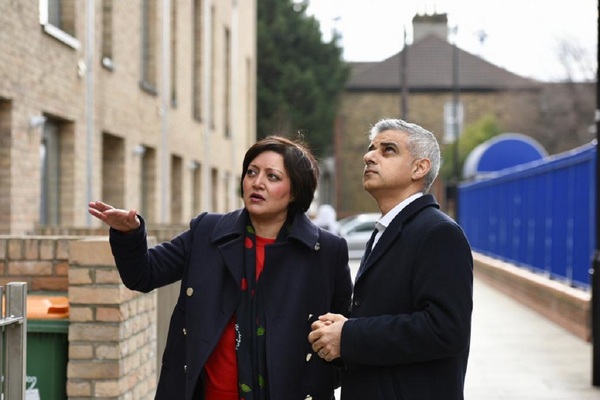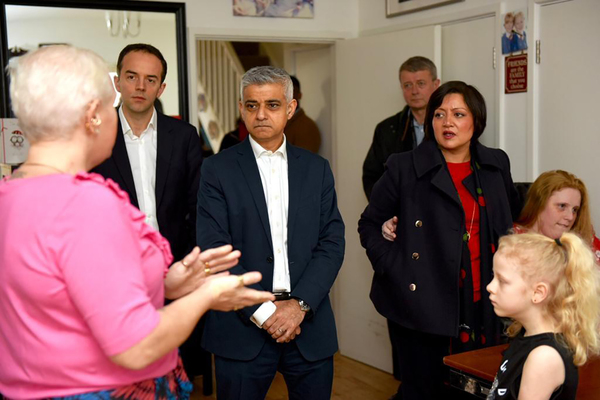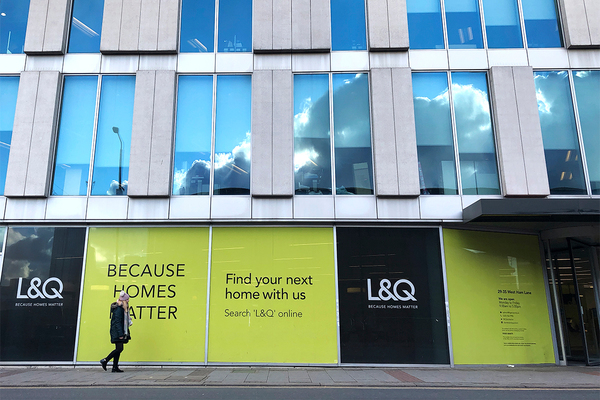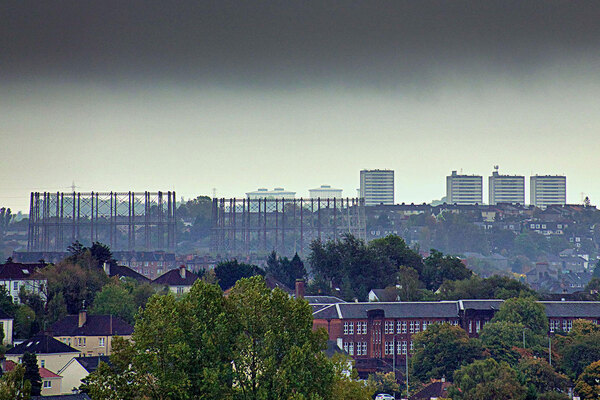Sadiq Khan: cross-subsidy model for affordable housing is ‘broken’
The cross-subsidy model based on funding affordable housing through profits made from the open market is “broken”, Sadiq Khan has said.
In a Q&A with Inside Housing, the mayor of London said his office was lobbying government to seek a new model for affordable housing funding, based on higher rates of grant.
It comes as housing associations with open market sale exposure in London are finding themselves increasingly affected by a slowdown in the market as the uncertainty surrounding Brexit is leading buyers to pause.
Last week, it emerged that Notting Hill Genesis has more than 400 unsold homes on its books and earlier this month giant association L&Q revealed that it would only deliver half its anticipated surplus this year, with a “downturn in the market” cited among the reasons.
Listen to our podcast episode on Sadiq Khan’s housing record:
Mr Khan said: “The deputy mayor [James Murray] has been speaking to housing associations to give them the support that they need.
“One of the things we’ve been trying to do is lobby the government in relation to how the affordable housing works.
“The cross-subsidy model, we think, has broken – the idea that housing associations and others build market-value luxury housing and sell them off and use that to build more affordable housing – so we are doing two things: we are lobbying government and asking them to give more support, and we are talking to housing associations about what they need.”
Mr Murray added that City Hall is currently discussing the provision of additional grant funding to enable the sector to flip market sale homes to affordable rent.
Mr Khan was speaking on a visit to some newly developed council houses in Newham, east London.
The seven three-bedroom homes, built at a cost of just under £1.3m, are housing families in the borough who have been stuck on waiting lists for new housing for many months.
Newham, which has the highest rates of homelessness and families in temporary accommodation in England, has received more than £100m of grant funding from City Hall to build 1,123 homes, mostly for social rent.
The borough, which has over many years pursued a policy of not selling off surplus land, owns enough land across the area for some 36,000 new homes and is scaling up its development capacity and ambition.
Listen to our podcast episode about the housing crisis in Newham:
At a glance: the different types of rent in London
Picture: Getty
Social rent: The amount of social rent a person pays depends on the location and size of the property, and is set according to a complex formula, but it is typically set at between 50% and 60% of market rent.
Affordable rent: Introduced by the coalition government in 2011, ‘affordable’ rent can be up to 80% of market rent, although many associations have been charging lower than this.
London Affordable Rent: A tenure introduced by Sadiq Khan that is lower than national affordable rent and based on target rent levels towards which social rents are gradually being raised. This makes it higher than average social rents in the capital, but in line with the rent that would likely be charged if a new social rent unit was built and set according to the same formula.
London Living Rent: A rental product aimed at middle-income Londoners introduced by Sadiq Khan, with rents set at one-third of average local earnings.
Target rent: A social rent level calculated by the government, which council and housing associations should use to move their social rents to over time.














